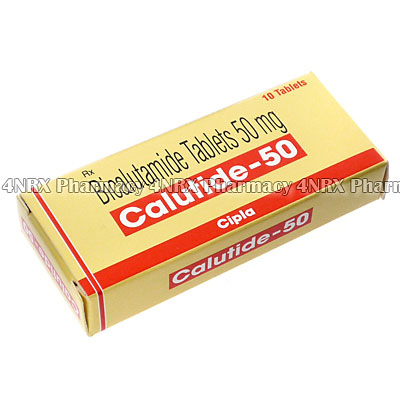 |
Home  Men's Health Men's Health  Calutide (Bicalutamide) Calutide (Bicalutamide) |
|
|||||||||
|
Calutide (Bicalutamide)
What is Calutide (Bicalutamide) used for? Calutide (Bicalutamide) is given together with hormone treatment to treat prostate cancer. It belongs to a class of medications known as nonsteroidal antiandrogens, which work by inhibiting the action of a male hormone, known as androgen, which in turn helps to slow the growth of cancer cells. How should I use Calutide (Bicalutamide)? Calutide (Bicalutamide) tablets are taken orally. Adult patients are normally directed to take one tablet per day, usually in the morning or in the evening. Patients should take it at the same time every day. The exact dosage required depends on the severity of the condition being treated. You should consult your physician so that the correct dosage can be prescribed, and always attend all scheduled medical appointments while undergoing treatment with this medication. What are the side effects of Calutide (Bicalutamide)? Calutide (Bicalutamide) may occasionally cause some side effects to occur, such as:
Patients should immediately consult their physician if any other more serious side effects occur, such as pain in the chest, breathlessness, swollen feet or hands, fever, unusual bruising, bloody urine or severe nausea. Please Note Strictly follow all instructions provided to you by your physician or pharmacist while using Calutide (Bicalutamide). Optimum and safe dosage can differ based on the patient and the condition being treated. As this medication may be unsafe for certain patients, it is essential you always inform your physician if you are as well as if you have any allergies, other illnesses, or ongoing health conditions, and if you are taking any other form of medication, supplements, or herbal products. This medication should not be used by women or children. It may cause birth defects if a woman comes into contact with it. Pregnant women should never handle these tablets, as they may be absorbed into the skin.
Immediately seek emergency medical care if you have any allergic or hypersensitive reaction. Common signs of a reaction include hives, swelling, skin rashes, chest pains, as well as trouble breathing or swallowing. 

|
|||||||||||||||||